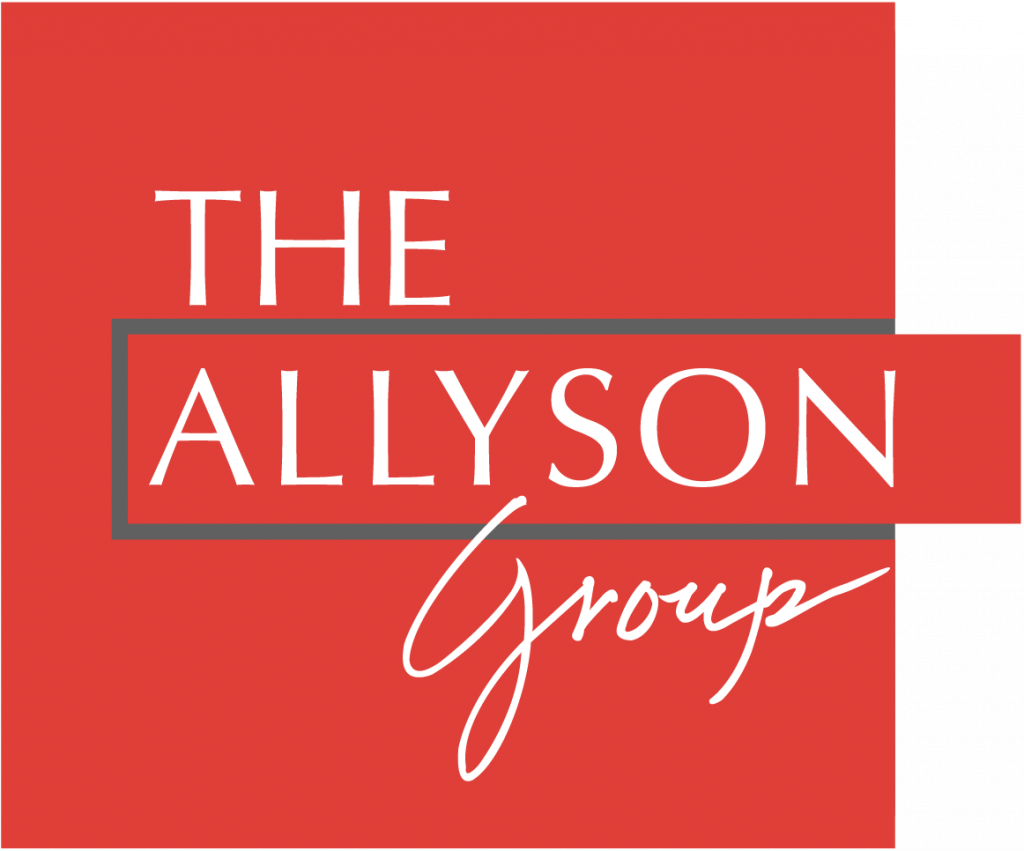When brands speak out on political issues – or even issues that never used to be all that political – the blowback can be fierce. Does that mean you shouldn’t? In this post we explore some of the risks and rewards of your brand’s public discourse on trending issues, and consider the value of both authenticity and strategic messaging for reputation and risk management.
In today’s world, where social media and technology have made it easier to voice opinions and engage in discussions on politics and trending issues – businesses may want to carefully consider their role in such conversations.
While staying silent may be tempting, there can be rewards, not only risks, for associating your brand with trending public discourse on sensitive topics. How strongly do you feel about the issue? And, even if it’s controversial, will speaking your mind align you more closely with the people you most want to reach? Or alienate too many potential customers? Hmmm…
Let’s explore some of the complexities of brand engagement with modern social conversations.
So, let’s start with potential benefits:
The Benefits of Speaking Truthfully
Being authentic can yield many rewards for brands bold enough to embrace transparency. Artificial Intelligence (AI) is everywhere. But isn’t having AI create your public communications the exact opposite of building an authentic engagement with an audience – which is what “branding” is about? Rea authenticity, on the other hand, can be great for your brand.
1. Building Customer Loyalty and Trust
By sticking to truthfulness in expressing public opinions, brands can definitely build trust with their customers.
When consumers perceive a brand as honest and genuine, and led by real people, they are more likely to develop deep-seated loyalty, fostering long-term relationships. Those are the feelings that lead to repeated sales.
Honesty fosters trust, which is a critical ingredient to the buying process.
2. Establishing a Positive Image
When a company consistently delivers on its promises and remains transparent in its messaging, it is more likely to be perceived favorably by consumers and stakeholders. This is especially true when it makes mistakes, then corrects them quickly and transparently.
Quick, public course corrections enhance the company’s reputation and distinguish it as a reliable source.
3. Demonstrating Accountability and Authenticity
Publicly acknowledging mistakes and shortcomings demonstrates a brand’s commitment to accountability.
When companies own their actions and proactively address issues, they earn respect and admiration from consumers who value honesty and integrity. This is another powerful way to build trust with the marketplace.
If you find your brand ever making the wrong public statements, address the matter directly, letting your customers and prospects, and even your employees, see you demonstrate your code of integrity.
4. Standing Out in an Era of Generic Brands
In today’s saturated market, authenticity can seem like a rarity.
Companies that dare to speak truthfully amidst AI-generated generic messaging capture the attention of discerning consumers.
By authentically embracing and communicating their values, companies can create a distinct identity and position themselves as leaders in their industries.
The truth is people like to feel unique. What they buy needs to help them showcase what they consider to be the unique aspects of themselves. Psychologists call this the “Need for Uniqueness.”
Generic brands fail at this because they tend to prioritize speed and efficiency over cultivating unique messaging.
The Risks of Speaking Out
While truthfulness in corporate communication carries benefits, some forms of speaking out can also pose significant risks.
1. Loss of Trust & Connection
Despite their best intentions, brands can risk backlash and losing trust if their public statements contradict the prevailing opinions of their marketplace. Especially in the political realm.
How many times do you see companies endorsing controversial political candidates?
It’s important for brands to be mindful of the political, religious, and public hot buttons that could get them in trouble. By recognizing and carefully assessing the potential for such risks, you can make strategic choices about whether or not to lend your brand’s voice to a public conversation.
Otherwise without meaning to, your statements can lead to disappointment, a tarnished reputation, and diminished loyalty.
2. Potential for Market Misunderstandings
Communicating truthfully can sometimes backfire if the target audience misinterprets the message.
Even well-intentioned statements may be misconstrued, leading to public outcry, boycotts, and damage to the brand’s image.
Spend time carefully writing out your public message. Get it reviewed by multiple people or levels of the company. It’s better to spend a lot of time on your messaging than inadvertently cause waves of misunderstanding within your communities.
3. Increased Vulnerability to Public Opinion
Brands that speak out invite heightened scrutiny from consumers, media, and watchdogs. Be sure you want to do that.
Any misstep or inconsistency in communication can quickly escalate into a public relations crisis, leaving the brand vulnerable to harsh criticism and reputational harm.
Also be sure to be consistent with previous statements unless there’s a clear and obvious reason to deviate. When deviating, be transparent about why, and make your new position as clear as possible to lessen the potential for misunderstanding.
The Case Study of Goya Foods
Goya Foods became controversial when its president praised former U.S. President Trump during a White House event, triggering a wave of backlash and condemnation.
The fallout was immediate, and the CEO’s statements led to boycotts, waning sales momentum, and massive criticism on social media (yikes!).
It was a clear example of the complex dynamics involved in corporate public discourse.
Sure, Goya Foods could have gotten new conservative supporters – no doubt, they have – but they lost a lot of customers, too. For most brands, alienating even a few customers and risking tarnishing their reputations may not be worth it. Unless there’s a strategic and well-considered reason to speak up, keeping your mouth shut on controversial issues may be the way to go.
The Interdependency of Reputation, Risk, and Revenue
Here are ways reputation maps to a company’s bottom line:
- Brand reputation and revenue are closely interconnected components.
- Strong reputations are reflections of consumer trust and loyalty and are the basis for growing revenue.
- Reputational damage usually leads to financial losses.
- Effective reputation management is crucial for mitigating risks and preserving relationships with customers.
- Proactive measures are essential for calculating the complex interplay between reputation, risk, and revenue – in other words, think before you speak. (In this era of cell personal electronics, depending on who you are, few conversations outside the office are reliably private anymore. How many public figures have been caught recently by a “hot mic” making unflattering statements?)
Strategies for Effective Brand Public Discourse
- Pre-planning is the foundation for positive engagement (cultivating public statements that are as clear as possible). These statements are generally reviewed at multiple levels of the organization to achieve the greatest clarity.
- Monitor public sentiment, so you can make timely adjustments to your public messaging. The world changes, and sometimes sentiments of the past no longer apply.
- Build an effective internal strategy around transparency and accountability. Create protocols and rules for public communications. What happens in a situation where your company makes an XYZ mistake? Get clear on this and make sure stakeholders are on the same page.
Seek guidance from experts. Aim to partner with companies that understand PR and branding and can give you strong guidance on prevailing public discourse (and there’s no better place to start than The Allyson Group).
Cultivating a Strategic Brand
Navigating corporate public discourse demands careful consideration.
From authenticity and accountability to potential risks like loss of trust and trouble with the law, every aspect requires strategic consideration.
Understanding how businesses encounter public risk can be tricky, but the Allyson Group can help curate strategic and impactful discourse online. Contact us today and elevate your business position. I look forward to chatting with you.












